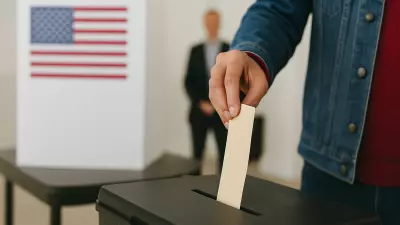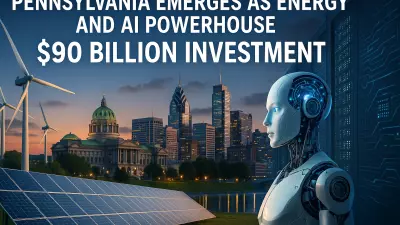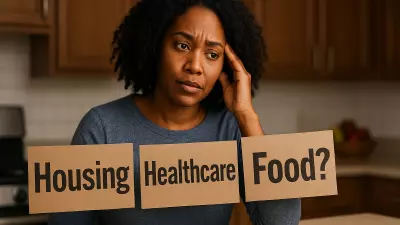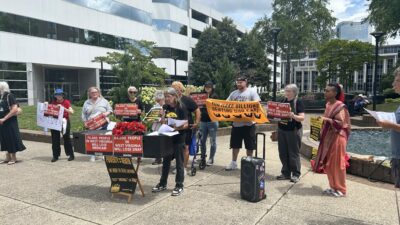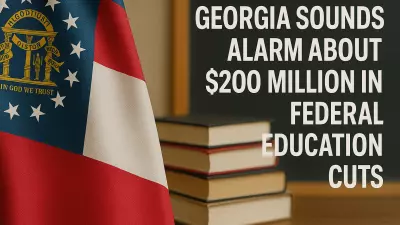With midterms looming and a razor thin margin in Congress, every vote will count for Maryland’s political parties.

For Maryland Democrats, success in 2026 hinges on a results-oriented agenda that addresses immediate cost pressures and reinforces longstanding commitments to equity, environmental stewardship, and democratic access.
Cost of living and housing affordability
In a Washington Post/University of Maryland poll, 19% of Maryland registered voters cited affordable housing as the state’s top concern, up from 13% in 2019. Nearly 75% describe housing as “very” or “extremely expensive.” That jibes with voters across the state who are worried about the nitty gritty of every day expenses, including inflation, childcare costs, groceries, and gasoline.
Healthcare access and affordability
A separate University of Maryland in Baltimore County poll found 37% of Marylanders admitted to avoiding medical care in the past year due to cost.
According to Healthcare Value Hub, 55% view healthcare costs as a hardship, and there is strong cross-party support for government action on healthcare.
Education funding and equity
A different Post/UMD survey reported that while voters would accept some slight delays in the controversial Blueprint funding, they oppose cuts to teacher pay, planning time, and services for high-poverty schools.
The quality of education being offered also matters. Maryland’s student achievement ranks near the national average, but only around 30% of 4th graders read at proficiency, and ~25% of 8th graders are math proficient, according to Maryland Matters.
There are also signs that the cost of living is hitting families in other ways. The state saw a sharp rise in free/reduced-price meal eligibility among students, underscoring socioeconomic stress.
Climate change and energy policy
Another UMBC Institute Poll indicates 59% of residents rate the state’s environment “good” or “excellent,” with strong support for expanding solar, wind, nuclear, and gas energy.
That support has wobbled a bit in 2025 as consumers have been hit with huge rate hikes from Baltimore Gas and Electric. That’s forced policymakers to address environmental and energy legislation in recent sessions, addressing rate hikes, renewables, and resilience in the face of federal funding uncertainty.
State comptroller reports quantify rising costs tied to climate hazards like flooding, health impacts, housing inflation are reinforcing budget urgency on the Maryland Comptroller.
Economic stability and budget concerns
Coverage from the Associated Press highlights a looming $3 billion to $6 billion budget deficit in the state, with lawmakers already closing what they say will be $3 billion via cuts and possible new taxes, which they have warned could further spike rising healthcare and aid spending.
Similarly, despite maintaining the highest median household income in the U.S., Maryland shows stagnant economic growth and an internal migration loss largely due to high living costs, the AP reports.
Racial justice and public safety balance
Maryland voters remain focused on criminal justice reform, and the legislative agenda has reflected that. This year lawmakers have tried to tackle expanded expungement, parole reform, the creation of a reparations commission, and stronger worker protections.
Voting access and democratic safeguards
Though Maryland maintains voter protections and open primaries for unaffiliated voters, there’s ongoing concern cited by organizations like the NAACP about ensuring accessible ballots and resisting state-level rollbacks.
What this means for Democrats
Maryland voters expect Democrats in 2026 to deliver tangible results, not ideological pledges. Those include the following.
| Priority Area | Voter Expectations |
|---|---|
| Housing & Cost of Living | Actions on affordability (housing, childcare, groceries, energy) |
| Healthcare | Reduce medical cost burdens, expand access |
| Education | Fully fund Blueprint; protect services for vulnerable students |
| Climate & Energy | Enact clean energy measures, curb rate increases |
| Fiscal Management | Control deficits without harming middle-/low-income families |
| Justice & Equity | Continue reform and protections for marginalized groups |
| Voting Rights | Safeguard ballot access and uphold democracy |

